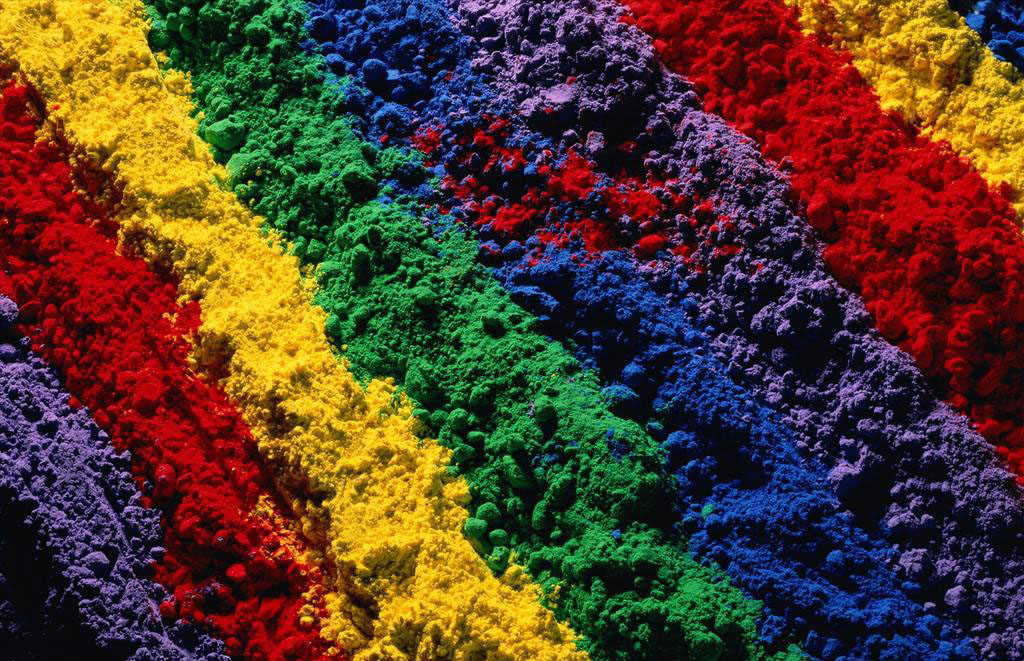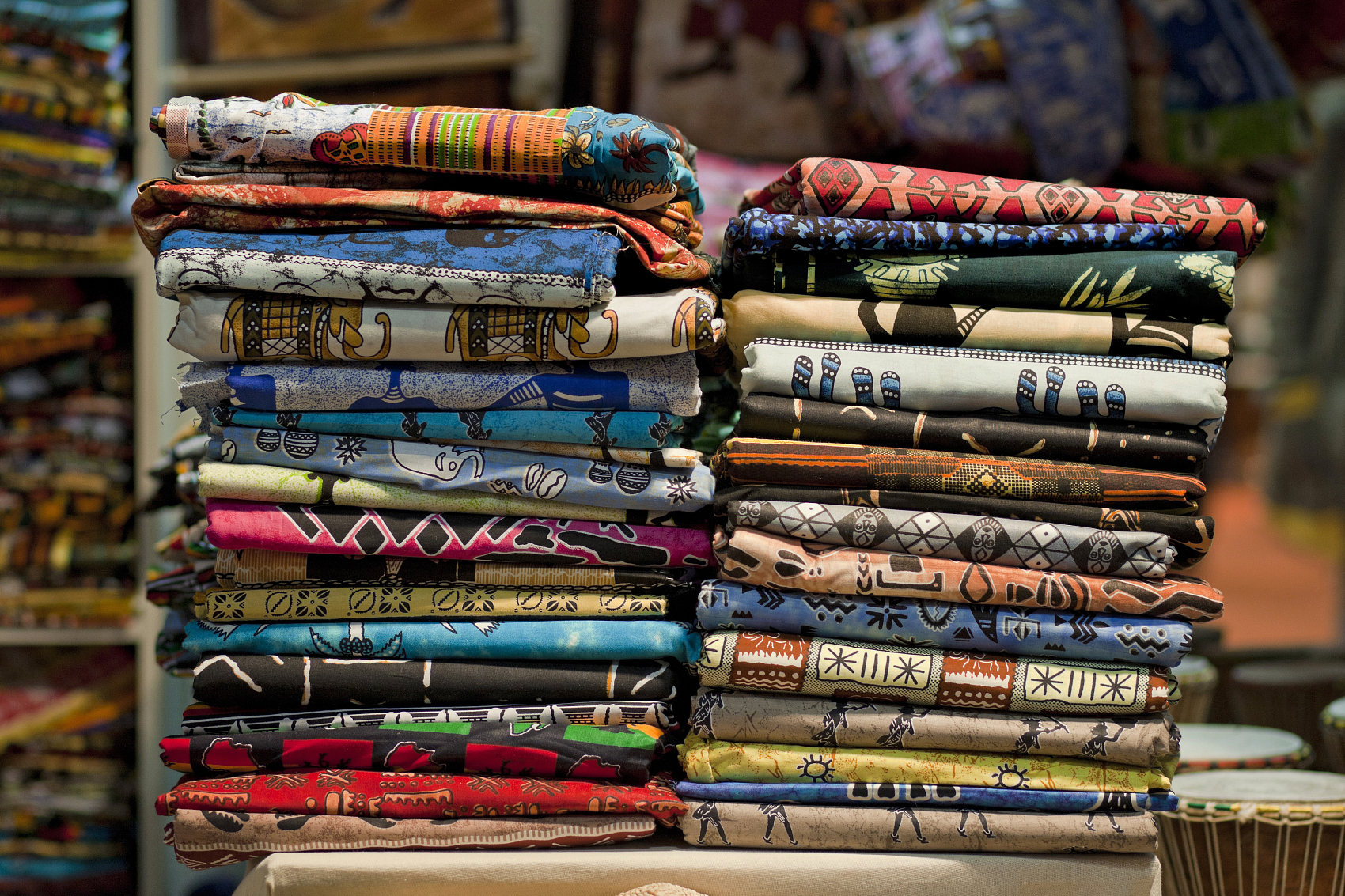1.Dyeing Depth
Generally, the darker the color is, the lower the fastness to washing and rubbing is.
Generally, the lighter the color is, the lower the fastness to sunlight and chlorine bleaching.
2. Is color fastness to chlorine bleaching of all vat dyes good?
For cellulose fibers that require resistance to chlorine bleaching, vat dyes are generally used when reactive dyes are not available. But not all vat dyes (indanthrene dyes) are resistant to chlorine bleaching, such as vat blue BC and RSN, etc.
3.Color Fastness on Dye Color Swatch
When you check the fastness index of a dye, it is usually through the dye color swatch provided by the dye company. However please note that the fastness index on the color swatch provided by the dye company refers to the fastness level at standard dyeing depth, not at any dyeing depth.
4.Color Matching
If a color is dyed with two or three dyes, its final fastness index is affected by the dye with the worst fastness of them.
5.Sun Light Rating
Light fastness of AATCC is five grades system and the highest is Grade 5.
Light fastness of ISO is eight grades system and the highest is Grade 8.
So when choosing dyes, please check clearly the standard request.
6.Fastness to Chlorine Water (Swimming Pool)
The fastness to chlorine water (swimming pool) of textiles generally has three valid chlorine standards for concentrations, as 20ppm, 50ppm and 100ppm.
Generally, 20ppm is for towels and bathrobes, etc. And 50ppm and 100ppm is suitable for swimwear.
7.Color Fastness to Non-Chlorine Bleach
Color fastness to non-chlorine bleach is a test for oxidation bleaching fastness that is distinguished from chlorine bleaching (sodium hypochlorite).
Generally two different oxidants are used to make test, as sodium perborate and hydrogen peroxide.
8. Saliva Fastness
Infant textiles generally require saliva fastness. Because as we all know, babies will drool and chew their fingers.
9.Fastness to Migration of Fluorescent Whitening Agent
Some European countries have restrictions on fluorescent whitening agent in textiles. But for textiles need to be treated by fluorescent whitening agent, if the fastness to migration is up to standard, it is acceptable to use fluorescent whitening agent.
10.Complex Color Fastness to Light-Perspiration
Complex color fastness to light-perspiration is the only composite test method in color fastness series, which is to test the test the fading degree of dyed fiber products under combined action of both perspiration and sunlight.
Post time: Jul-04-2022



